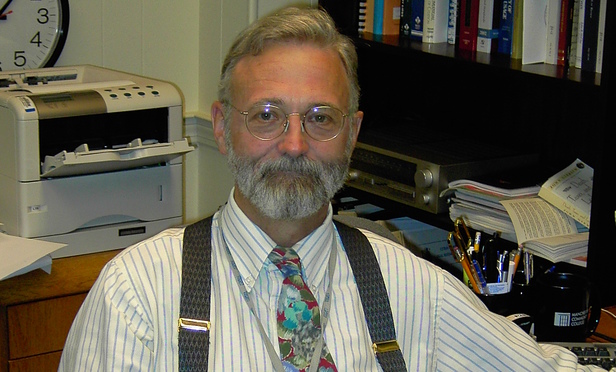If you buy a book on Amazon, its “you-might-like” algorithm sends you a list of others that you might find interesting. Because I often read about law and the legal profession, I got such a list the other day. In homage to the powerful computing behind this tool, I have to say that the list of books pretty much fills the bill for anyone looking to learn about law, lawyering and the future of the profession.
Richard Susskind’s “The End of Lawyers?,” published in 2008, started the discussion. Susskind, a Brit, was one of the early thinkers to suggest that technology was going to radically reform how legal services are delivered, and, in doing so, reshape the nature of the profession. I heard him speak last year about a project he authored in the early years of the computer revolution using a computer program to parse through one of the United Kingdom’s regulatory schemes. Computers are very good at decisions trees (if this, then that), and the program he developed allowed lawyers and others to determine the probable outcome of any problem involving a set of defined variables. It’s what an experienced lawyers used to do, only quicker and more accurately. Susskind predicted that computing would make lawyers irrelevant.
This content has been archived. It is available through our partners, LexisNexis® and Bloomberg Law.
To view this content, please continue to their sites.
Not a Lexis Subscriber?
Subscribe Now
Not a Bloomberg Law Subscriber?
Subscribe Now
LexisNexis® and Bloomberg Law are third party online distributors of the broad collection of current and archived versions of ALM's legal news publications. LexisNexis® and Bloomberg Law customers are able to access and use ALM's content, including content from the National Law Journal, The American Lawyer, Legaltech News, The New York Law Journal, and Corporate Counsel, as well as other sources of legal information.
For questions call 1-877-256-2472 or contact us at [email protected]



